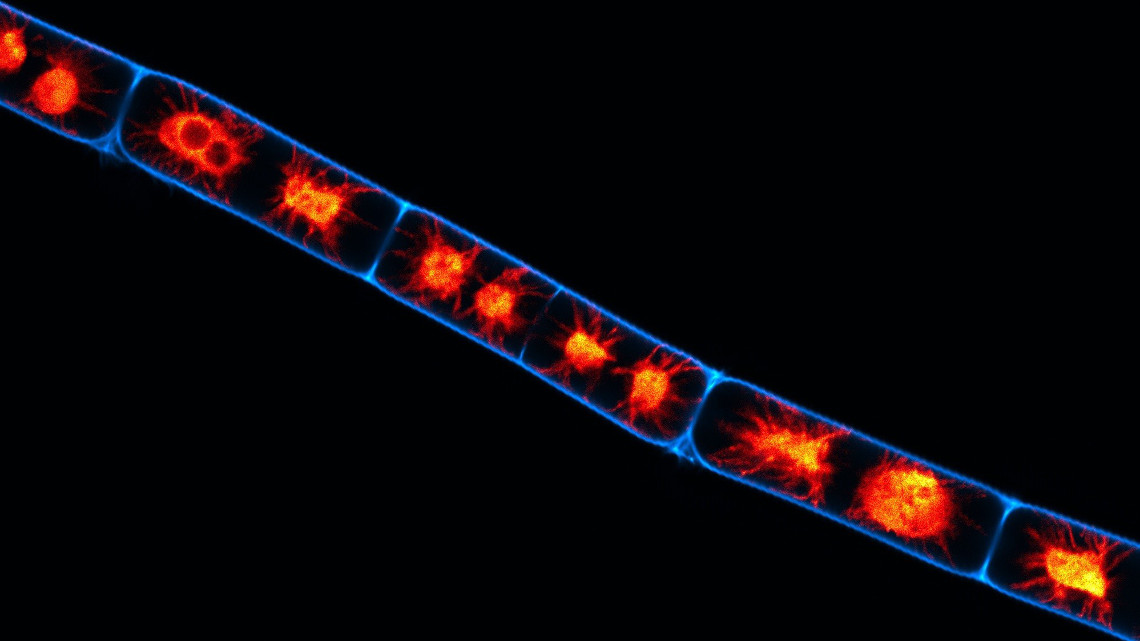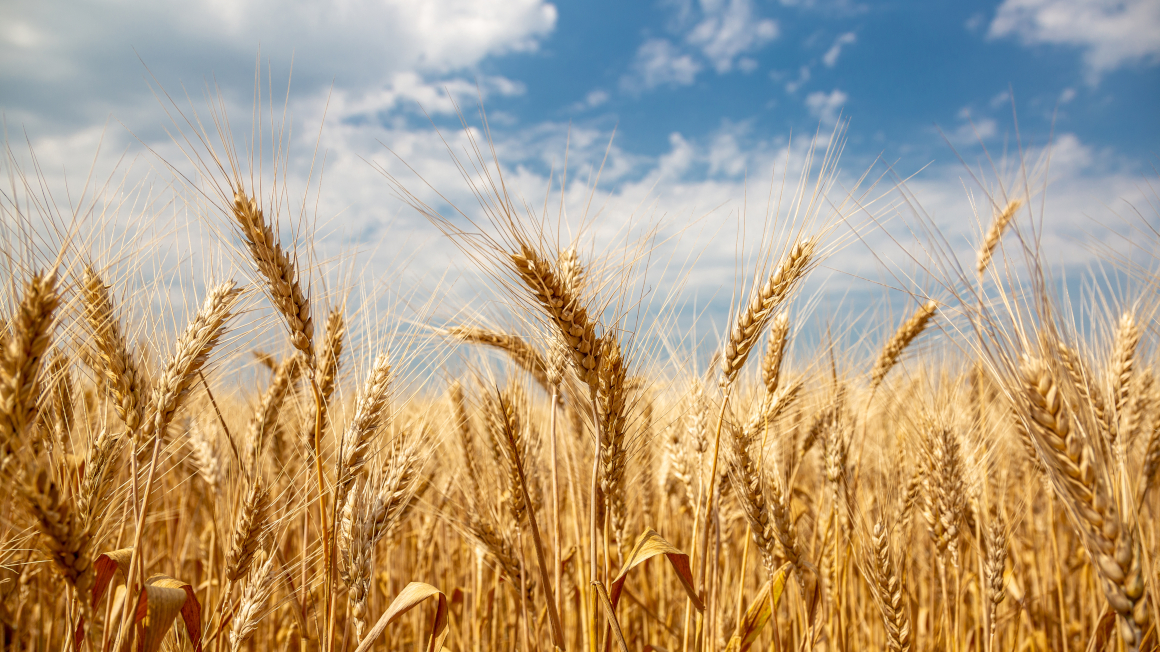How land plants control stress
How land plants cope with stress is not primarily controlled by hormones. An international team of researchers found out that a gene set regulates the process right off the bat.

There are many environmental factors like drought and overfertilization that put plants under stress. In such cases, a complex signalling cascade is triggered inside the plant. This stress management apparatus works the same for all land plants - in moss just as in rye. An international research team led by the Hebrew University of Jerusalem, in which the University of Göttingen participated, wanted to know exactly how stress management works. The scientists therefore focused on a specific gene for the receptor in this signalling cascade.
Gene set determines stress management in terrestrial plants
The plant hormone abscisic acid plays a decisive role in the signal cascade triggered by stress in land plants. Researchers suspected that the perception of this hormone helped plants in the course of evolution to cope better with the stress they were once exposed to during land colonization. Abscisic acid is also known as stress hormone. "We were able to show that the closest algae relatives of land plants, the filamentous thalloid algae, have a complete set of genes that is very similar to the set that land plants use for the perception of abscisic acid," explains Jan de Vries from the Institute of Microbiology and Genetics at the University of Göttingen and co-author of the study.
Stress perception is hormone-independent
The team found out that this gene already acts as a receptor for the hormone in the first step of the signalling cascade. The study found that the algae's perception of the stress hormone is completely hormone-independent. "Using molecular biological methods, we found out that it integrates into the signalling cascade and is able to regulate it. However, it does this independently of the hormone abscisic acid," said de Vries. As the scientists report in the journal PNAS, this hormone-independent mechanism is surprisingly effective in land plants in addition to the hormone-induced process.
bb/um


